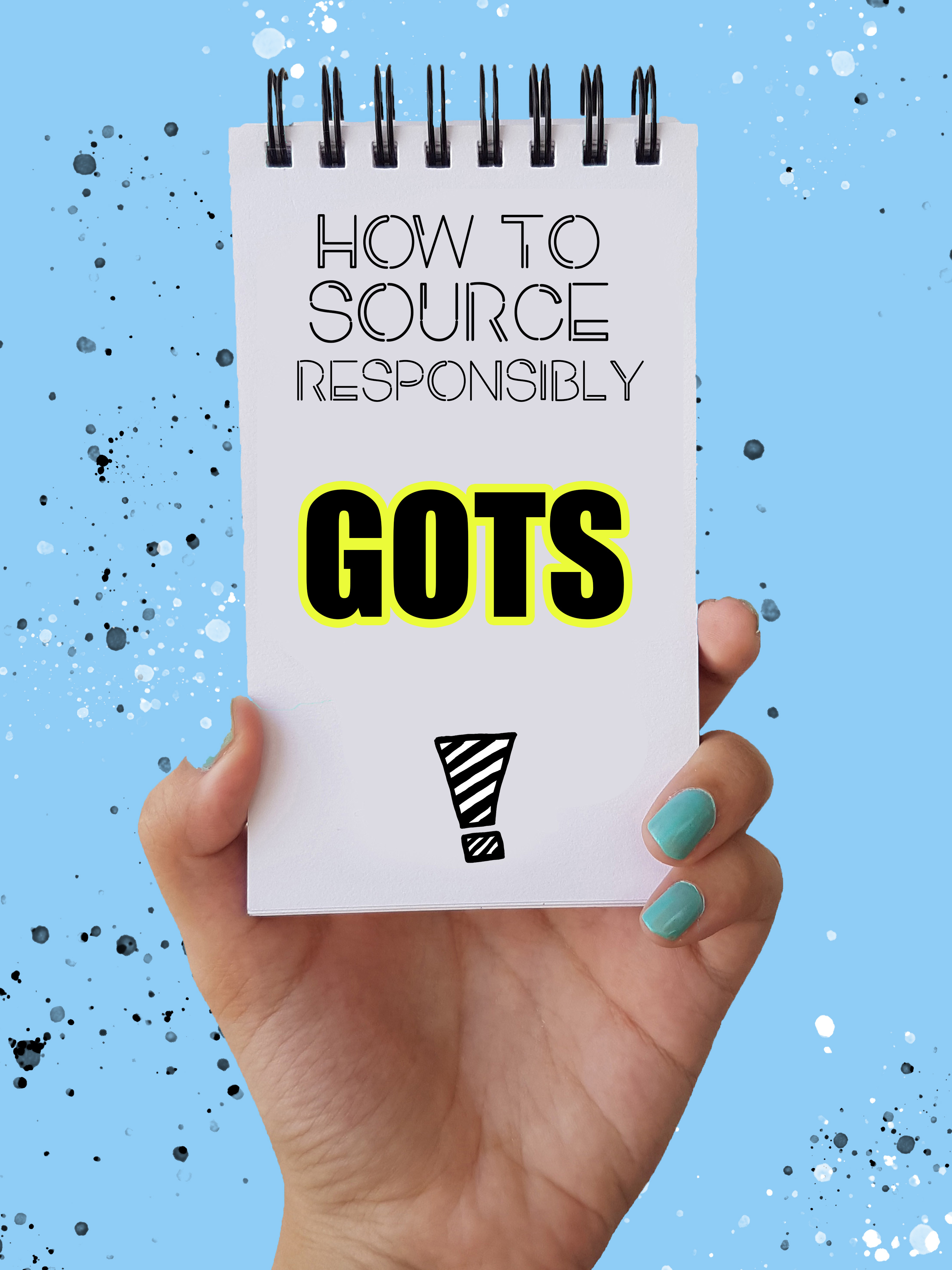Organic Textiles and Certifications
Our rising consciousness towards the environment over the past few decades has resulted in a growth in the consumption of organic textiles. As the name suggests, these are textile products made from organically-grown fibres, such as: organic cotton, silk, flax (linen), and wool. In order to support the increasing significance of organic textiles, many regulations and certifications have been introduced, such as the Global Organic Textile Standard (GOTS).
What is GOTS?
GOTS was introduced in 2006, at a time where there were a great variety of benchmarks in the niche market of organic textiles. The vision of GOTS is for organic textiles to become a significant part of everyday life, ensuring the organic status of textiles, enhancing the lives of people through providing credible assurance, all while contributing to sustainable development. Since its establishment, GOTS has gained international recognition as the leading voluntary standard used in the post-harvest processing (including spinning, knitting, weaving, dyeing and manufacturing) of organic textiles. In 2018, there have been a total of 5760 GOTS-certified facilities located in 64 countries around the world.
GOTS stipulates strict ecological criteria throughout the entire supply chain, covering the processing, manufacturing, packaging, labelling, trading and distribution of all textiles made from at least 70% certified organic natural fibres. On top of stringent production criteria and material composition regulations, the standard also requires certified companies to comply with its technical quality and human toxicity criteria. For example, all chemical inputs used must also meet the requirements of toxicity and biodegradability. All raw materials, intermediates and final textile products must also meet rigourous waste limits. In terms of social criteria, GOTS-certified companies must also provide suitable labour conditions in accordance with the guidelines.
Why Become GOTS Certified?
There are many reasons as to why companies can benefit from being GOTS-certified. The greatest advantage would be increased creditability. Through external verification, being GOTS-certified is an effective way for companies to instil confidence in stakeholders about the characteristics and quality of the companies’ products.
In addition, GOTS allows for access into new markets and more exporting opportunities. By adhering to the GOTS, companies can benefit from a more sustainable and efficient supply chain, and reduce risks along each production stage. Furthermore, the GOTS encourages innovation and differentiation from companies through enduring market development.
How Do We Benefit?
Traditional methods of textile processing often result in the discharge of toxic chemicals into the air and water, as well as perilous workplace conditions. GOTS explicitly prohibits the use of highly hazardous chemicals, meaning that not only factory workers can benefit from safer working conditions, but consumers are also protected from dangerous residues that may result in serious illnesses. Most importantly, GOTS can help to prevent the destruction of eco-systems and global biodiversity, protecting humans, animals, and the environment.
How Can We Take Action?
We can all become representatives of change by choosing GOTS-certified products when making purchases! Amongst the heaps of GOTS-certified facilities, you will definitely find products that you love are also environmentally-friendly. If you really fail to do so, ask your favourite brands to carry GOTS products! You can also influence your friends and family to become more conscious of the GOTS benefits. One purchase at a time, we can make the world a better place.
Want to find out more about GOTS?
Visit: https://www.global-standard.org/
Want to read the latest version of the GOTS?
Visit: https://www.global-standard.org/images/GOTS_Documents/GOTS_Standard_5.0.pdf
Want to search for GOTS certified producers and products?
Visit: https://www.global-standard.org/public-database.html

No Comments